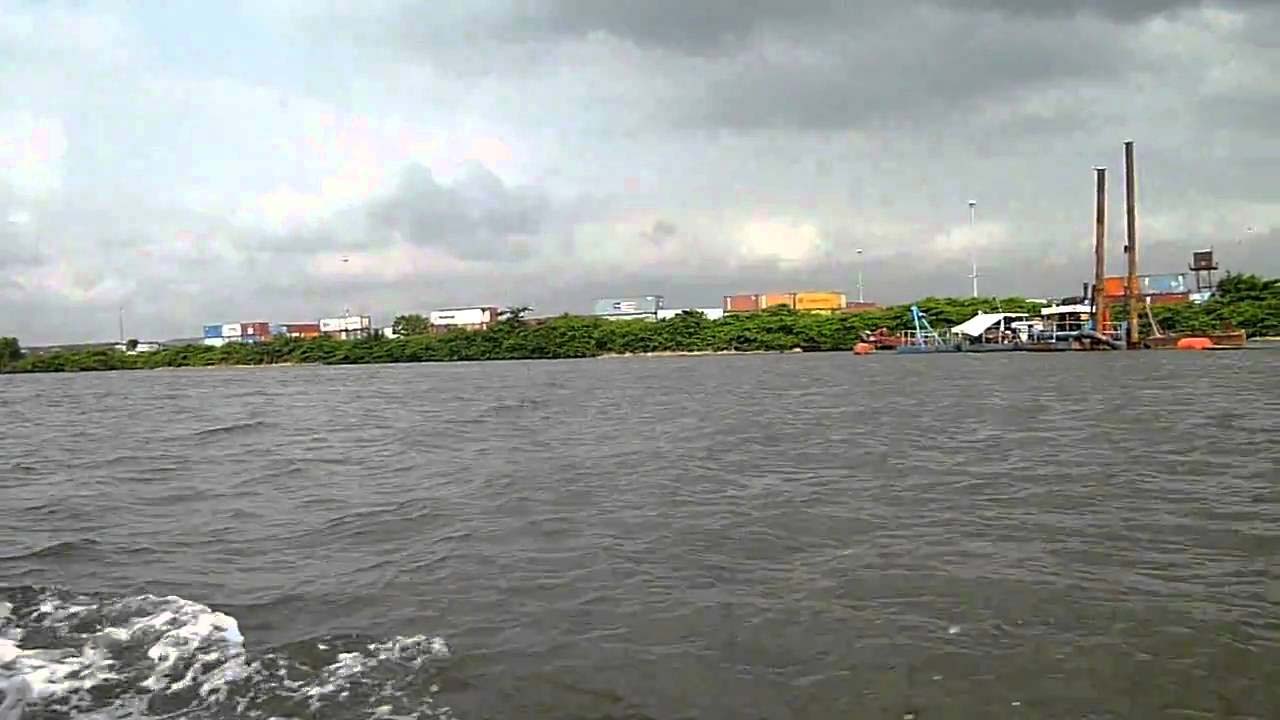Lagos, the largest city in the Nigerian state of the same name. The city, with its adjoining conurbation, is the most populous in Nigeria and Sub-Saharan Africa. It is one of the fastest-growing cities in the world and one of the most populous urban areas. Lagos is a major financial center in Africa; the megacity has the fourth-highest GDP in Africa and houses one of the largest and busiest seaports on the continent.
One could trace the history of Lagos to the Awori tribes, they were the earliest inhabitants of Lagos They settled first on the smaller of two swampy, low-lying islands, which straddled a neck of the lagoon between the mainland & a sandy spit of coast.

The winding channels of the lagoon led westward to the Kingdom of Dahomey, and eastward to Benin. To the south, across a shallow bar, the waters of the lagoon flowed into the sea—the only breach in the coastline for a hundred miles in either direction.
To the north, lay the expanding Yoruba empire of Oyo, a loose affiliation of city-states, from which these early settlers originally stemmed.
But, the Lagos settlement was isolated by swamps and forests from the heartland of this empire, whose capital city lay two hundred miles distant in the upland plains. About three hundred years ago, Lagos became tributary to the powerful Kingdom of Benin.
It may have been the remnants of a Benin Army, taking refuge in Lagos after a defeat, who brought it under the subjection of their King.
But though Lagos continued to acknowledge the sovereignty of Benin until the middle of the last century, it remained a predominantly Yoruba settlement.
According to legend, a Yoruba Chief had originally divided Lagos amongst his sons, whose descendants, the White Cap Chiefs, held the residual rights to all the land of the two islands.
The Yoruba Kings appointed by Benin to rule in Lagos did not usurp these traditional rights, and the land was held by the families who settled in Lagos according to Yoruba custom.